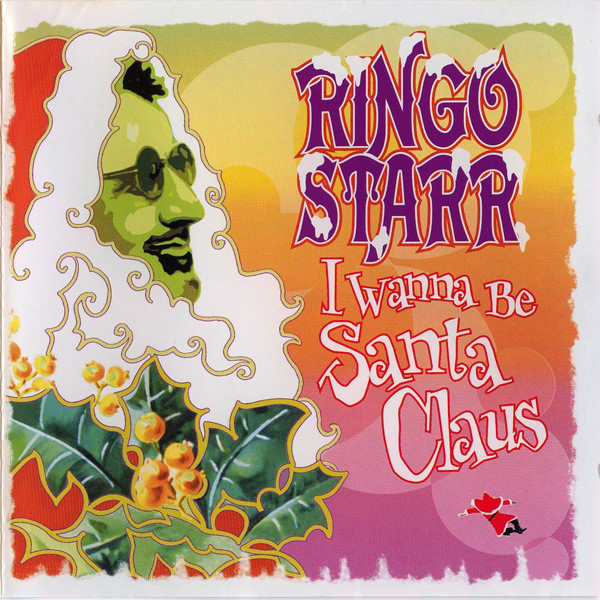
Who was the best post-Beatles Beatle?
If we’re measuring commercial success, Paul is undoubtedly the winner. He’s sold more albums and had more chart-topping songs, including all-star duets with the likes of Stevie Wonder and Michael Jackson. He even wrote a James Bond title track.
Tragically, John’s solo career lasted just 10 years, but in that time he gave the world what is probably the greatest post-Beatles song of any of the Fab Four. While he was never quite as pop-minded as McCartney, Lennon’s records were just as successful; at the time of his death in 1980, he and Paul were tied at three No. 1 albums apiece.

Ringo is an interesting case. He’s released 20 solo albums to date – TWENTY! – and most land somewhere between sad and awful. Now don’t get me wrong; I’m not a Ringo-hater. I love “Yellow Submarine” as much as anyone, but I really have a hard time making it through any of Ringo’s solo stuff.
On this list ranking all Beatles solo albums from worst to best, 8 of the bottom 10 are Ringo records. Many other such lists can be found, and virtually all rate Ringo’s albums at or near the bottom, with the exception of his self-titled album, which wasn’t really a solo work at all, since it featured John, Paul, and George.
If you’re looking for some quality post-Beatles work by Ringo, your best bet in my opinion is the narration he did for Thomas the Tank Engine.
And then there’s George.

George Harrison was always a bit overlooked, both during and after the Beatles. His beautiful “Here Comes the Sun” and “Something” are among the most-beloved Beatles songs. He also somehow managed to be the first and last ex-Beatle to score a No. 1 hit: “My Sweet Lord” in 1970, and “Got My Mind Set on You” in 1988.
But his greatest solo achievement might have been this album, 1970’s All Things Must Pass. It was the first release by any Beatle following their breakup earlier that year, and those websites I mentioned earlier – the ones that rank Ringo’s work so low – almost unanimously rate All Things Must Pass as the best ex-Beatle record of all.
It was, as albums go, colossal. A triple-LP of 23 songs, it featured collaborations with the likes of Eric Clapton and Phil Collins, and was co-produced by the legendary Phil Spector. Upon hearing Harrison’s stockpile of unreleased music, Spector was apparently amazed at the sheer volume of work. Much of the music Harrison had been writing in the final years of the Beatles had been rejected by Lennon and McCartney, including the track you’re listening to right now.
What makes this a beautiful song:
1. The message was perfect in 1970. Released on the heels of the Beatles’ dissolution, “All Things Must Pass”’ was, perhaps, his eulogy for his former band. Despite being only 27 when he wrote it, Harrison sounds like an old soul as he recognizes the impermanence of fame: “Sunset doesn’t last all evening.” All things must pass.
2. The message was perfect in 2001. Harrison died 31 years and 2 days after the song’s release. The music industry paid its respects, of course, but Harrison’s death wasn’t a tragedy in the way that Lennon’s was. Plus, the world was only two months removed from 9/11, so Harrison’s passing barely made a dent in the news cycle. Overlooked again, but probably at peace with that fact. All things must pass.
3. The message is perfect in 2020. Fifty years after the song’s release, the simple truth of this song still needs to be heard. “Daylight is good at arriving at the right time / It’s not always going to be this grey.” All things must pass.
Recommended listening activity:
Sitting in a big room lit by a small candle.